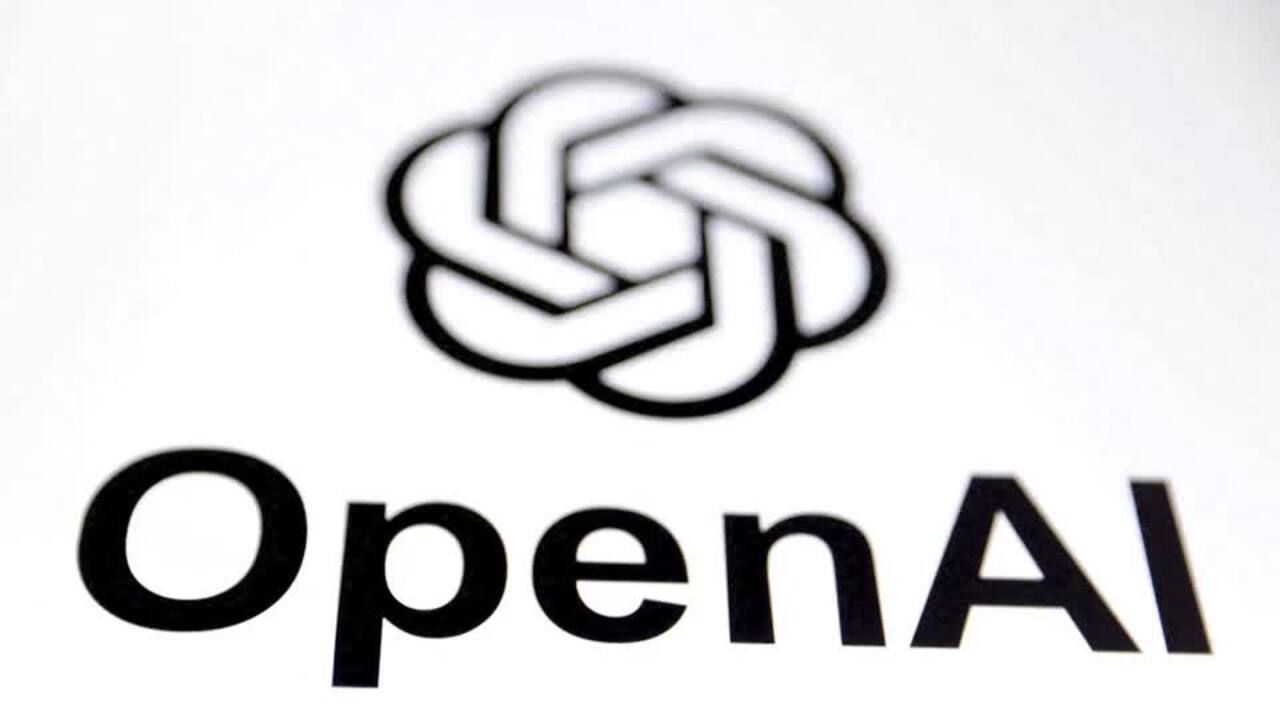OpenAI, maker of ChatGPT: Australia could be ‘compute hub’
Artificial intelligence juggernaut OpenAI says Australia could become a regional ‘compute hub’ and has urged movement on planning approvals and the energy grid to attract investment.

Artificial intelligence juggernaut OpenAI says Australia could become a regional “compute hub” and has urged movement on accelerating planning approvals and the energy grid to attract further investment.
The maker of ChatGPT has spruiked plans to direct hundreds of billions in investment for the construction of data centres – facilities that house rows and rows of computers, critical in the development of powerful AI systems.
As part of this broader Stargate investment venture, OpenAI chief executive Sam Altman recently unveiled plans to build a massive computing complex in the United Arab Emirates and accompanied US President Donald Trump on his Middle East tour.
OpenAI chief strategy officer Jason Kwon was in Australia last week on a leg of an Asia Pacific tour. Mr Kwon urged a more ambitious environment for data centre construction in Australia and noted Australia’s adoption of OpenAI products – more than 20 per cent of the Australian internet population used ChatGPT and that it was a top-ten market for paid subscriptions, he said.
“People have talked about Australia as a compute hub, potentially,” Mr Kwon told The Australian.
“That’s a possibility, because of the natural resources in terms of renewable energy sources that Australia potentially has.
“I think Australia understands there’s more to AI leadership than just cutting-edge research.
“Australia can still be a centre of excellence in terms of building on top of the core foundation models.”
Mr Kwon said Australia enjoyed natural advantages for data centre investment – energy potential, vast landmass, and the close relationship with the US – but pointed to speed bumps that could stymie investment.
“(Australia) can have some kind of role in establishing a regional set up where the natural advantages – in terms of being able to build compute capacity here because of the renewable energy source in terms of solar – that could be a base from which Australia can really operate,” he said.
“Other parts of APAC are constrained on power. They’re constrained on land, which means that they’re going to be constrained on the amount of compute they can build.
“If you satisfy those conditions, would Australia get something like Stargate capacity being invested into Australia? I think the answer is possibly yes.”
“Policymakers have to figure out, okay, in certain types of areas, how do you speed up the building of data centres? And then I think on the private side, where are good places to invest for off-grid power? And then I think both on the public and private side, how do you ensure that these power sources are green?”

Mr Kwon predicted AI would be one of the most important technologies of the next few decades and said Australia would stand to benefit from hosting data centres to house compute – computing power – which he hypothesised would be a critical commodity like oil or water.
“The lifeblood of those things is compute,” he said.
“So you think about compute – like oil, or money, or water, these things that a country needs.
“And then think about if you’re a country that’s dependent on another country for oil, or money, or water. And I think it’s a fundamental question of security.
“More bargaining chips, more independence, more autonomy.”
He said OpenAI would “likely” open an Australian office in the future.
“We follow demand,” he said.
“And there is good demand in Australia. So, I think that, somewhere in the future, one is likely. I can’t tell you the exact time.”
The Business Council of Australia last week warned Australia could become a laggard in AI capability and adoption and miss out on potential productivity gains.
“AI is our next big lever for economic growth and a significant opportunity to boost Australian living standards,” BCA chief executive Bran Black said.
“If we get this right, AI can deliver a significant productivity boost and that means higher real wages and more opportunities for more Australians.”







To join the conversation, please log in. Don't have an account? Register
Join the conversation, you are commenting as Logout